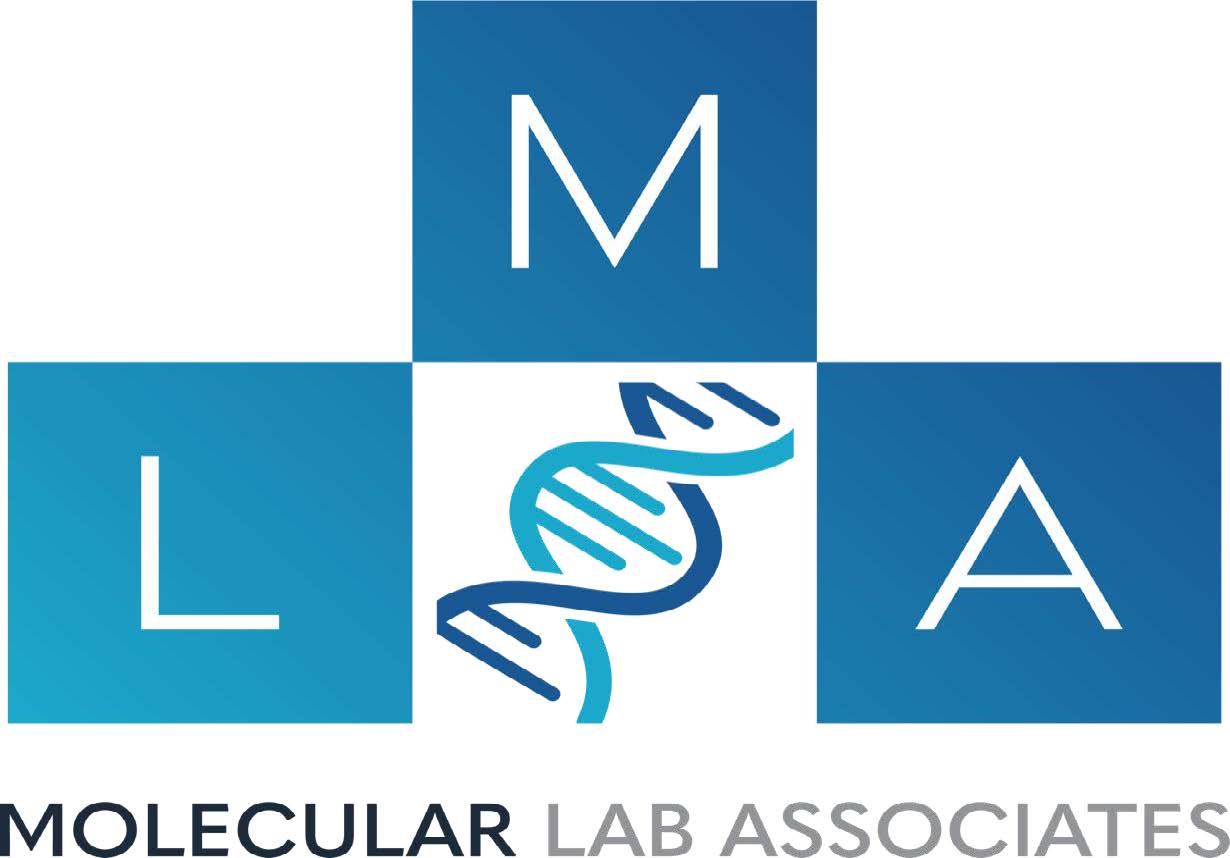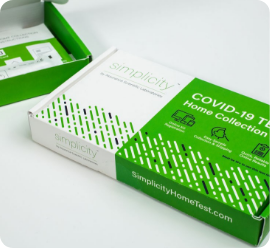What is PCR Testing?
PCR Testing Information
PCR technology is sensitive and specific enough to detect a single pathogen in a sample. As a gold standard test, it’s typically 95% specific and sensitive. This means “false negative” results do not slip through the cracks, even at an extremely low concentration.
What is PCR Testing?
With close to 40 years of development, PCR technology has become a preferred method for detecting and quantifying (qPCR) different microbial agents known to cause disease. qPCR tests measure the amount of nucleic acid in clinical specimens. The nucleic acid sequence, sometimes called a biomarker, is unique to every pathogen tested.
PCR technology is one of the most sensitive tests on the market and can detect even trace amounts of pathogen DNA and/or RNA. This means that pathogens that cause disease are quickly and accurately identified so that the proper care and precautions can be implemented to keep our community healthy and safe.


Microbiology Cultures vs. PCR testing
Culturing pathogens involves growing microorganisms in a laboratory setting, usually on a nutrient-rich media. In medical diagnostics, cultures are used to identify the type of microorganism causing an infection, such as bacteria or fungi. One significant difference between PCR testing and cultures is the speed of results.
PCR testing can be completed in a matter of hours, whereas cultures often require several days to grow and identify the microorganisms present. Another difference is the sensitivity of the tests. PCR testing is very sensitive and can detect very small amounts of genetic material, whereas cultures may miss certain microorganisms or require multiple samples to confirm the presence of an infection.
Additionally, PCR can readily be used to detect viruses known to cause disease. Overall, both PCR testing and cultures are important tools in medical diagnostics, and each has its own strengths and weaknesses depending on the situation and type of infection being tested for.
Take Charge of Your Lab Testing
Contact Us to learn more about how you can bring crucial molecular insights to those who need them

